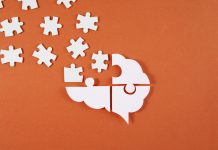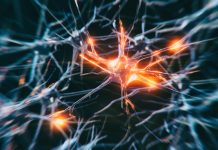Loneliness and isolation have become a prevalent issue in today’s society, with depression in particular affecting many lives. What can Ketamin do to help with depression?
Addressing this challenge, a study conducted by researchers at Osaka University highlights a potential solution involving ketamine, a common anesthetic and drug.
How can ketamine help depression?
Published in Molecular Psychiatry, the study explores the efficacy of different forms of ketamine in helping social impairments associated with depression. Unlike previous research, which primarily focused on ketamine’s general antidepressant effects, this study looks into its specific impact on social functioning.
Using a mouse model of depression induced by long-term social isolation, the researchers investigated the effects of (S)-ketamine and (R)-ketamine, two distinct forms of the drug. These mirror isomers possess similar molecular structures but exhibit different therapeutic properties.
Lead author Rei Yokoyama explains, “We were able to observe differences between (S)-ketamine and (R)-ketamine treatments in terms of neuronal activation across the whole brain, without having a predefined hypothesis”
The study’s findings
The study revealed insights into the role of the anterior insular cortex, a brain region crucial for emotional regulation, in mitigating social deficits. Chronic social isolation reduced neuronal activation in this region, harming social cognition. However, treatment with (R)-ketamine, but not (S)-ketamine, reversed this effect, indicating its efficacy in restoring neuronal activity in the anterior insular cortex.
Mice treated with (R)-ketamine exhibited improved social memory, as proven by their enhanced ability to recognise unfamiliar individuals, a key aspect of social cognition. When neuronal activity in the anterior insular cortex was stopped, the beneficial effects of (R)-ketamine vanished, emphasising the region’s critical role in mediating these improvements.
Senior author Hitoshi Hashimoto highlights the significance of these findings: “(R)-ketamine holds promise as a treatment for isolation-induced social impairments, offering hope for individuals grappling with associated disorders.”
Helping those who suffer with depression
With rates of social isolation and depression on the rise globally, identifying effective interventions is vital. By explaining the specific mechanisms underlying ketamine’s therapeutic effects on social functioning, this study can help to create targeted treatments tailored to address the impact of loneliness and isolation on mental well-being.














